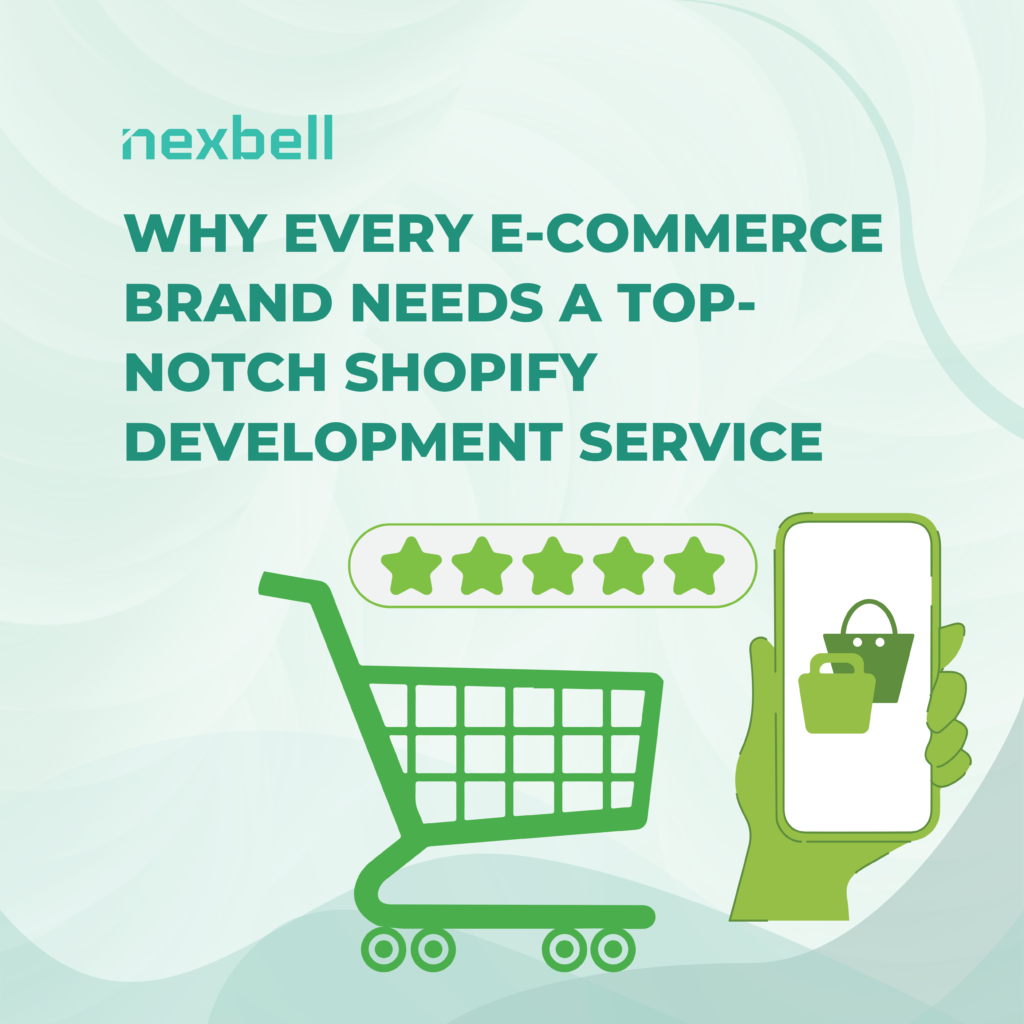Introduction
In today’s fast-paced digital landscape, businesses must continuously innovate to remain competitive. Technology plays a crucial role in ensuring efficiency, scalability, and adaptability. One of the most effective ways to achieve this is through custom applications and cloud technologies. These solutions provide businesses with the flexibility they need to scale operations, streamline processes, and respond to market changes with agility.
The Need for Custom Applications in Business
Many businesses rely on off-the-shelf software solutions, but these often fail to meet specific operational needs. Generic software can lead to inefficiencies, limited customization, and integration challenges. Custom applications, on the other hand, are tailored to address unique business requirements, ensuring better performance, security, and scalability.
Benefits of Custom Applications:
- Personalized Functionality: Designed to meet specific business needs, reducing unnecessary features.
- Seamless Integration: Easily integrates with existing systems and software.
- Scalability: Grows alongside the business without requiring major overhauls.
- Enhanced Security: Provides better control over data protection and compliance requirements.
Many successful companies have adopted custom applications to optimize their workflows. For instance, e-commerce platforms use tailor-made software to manage inventory, track customer behavior, and personalize recommendations, leading to increased customer satisfaction and higher sales.
Cloud Technologies: A Game Changer for Scalability and Performance
Cloud computing has transformed the way businesses operate by providing on-demand access to computing power, storage, and services. Moving to the cloud enables organizations to reduce infrastructure costs, enhance security, and scale operations effortlessly.
Advantages of Cloud Computing:
- Cost Efficiency: Eliminates the need for expensive on-premise servers and maintenance.
- Remote Accessibility: Enables teams to collaborate from anywhere.
- Automatic Updates: Ensures systems are always running on the latest technology.
- Enhanced Security: Cloud providers offer robust security measures and compliance standards.
Businesses leveraging cloud solutions experience increased agility, allowing them to adapt quickly to market demands. Whether it’s deploying new services, expanding to new regions, or handling seasonal traffic spikes, cloud technologies provide the necessary flexibility to grow without disruption.
Automating Development with CI/CD Pipelines & DevOps
Continuous Integration/Continuous Deployment (CI/CD) and DevOps practices play a significant role in modern software development. They automate and streamline the deployment process, ensuring that businesses can roll out updates efficiently and reliably.
How CI/CD and DevOps Benefit Businesses:
- Faster Deployment: Automates testing and deployment, reducing time to market.
- Consistent Updates: Ensures smooth rollouts with minimal downtime.
- Improved Collaboration: Encourages collaboration between development and operations teams.
- Higher Reliability: Reduces human error and enhances system stability.
By adopting CI/CD pipelines and DevOps methodologies, businesses can stay ahead of competitors by delivering high-quality software solutions rapidly and efficiently. For example, tech giants like Amazon and Netflix leverage DevOps automation to deploy updates multiple times a day without service interruptions.
Competitive Edge: Staying Ahead with Agile Technology
In today’s evolving business environment, staying ahead requires more than just adopting new technologies—it demands an agile mindset. Companies that invest in custom applications, cloud solutions, and DevOps automation can pivot quickly, respond to market trends, and maintain operational efficiency.
Successful businesses such as Uber and Airbnb have demonstrated how agile technology adoption can disrupt industries. Their cloud-based platforms and custom applications allow them to scale rapidly while delivering exceptional user experiences.
Conclusion
Custom applications and cloud technologies are no longer optional—they are essential for sustained business growth. By leveraging these innovations, companies can enhance efficiency, improve scalability, and maintain a competitive edge in their industries.
If you’re looking to future-proof your business, investing in tailored technology solutions is the way forward. Stay ahead of the curve by integrating cloud-based custom applications and automation-driven DevOps strategies into your operations.
Is your business ready for the next level of digital transformation?







